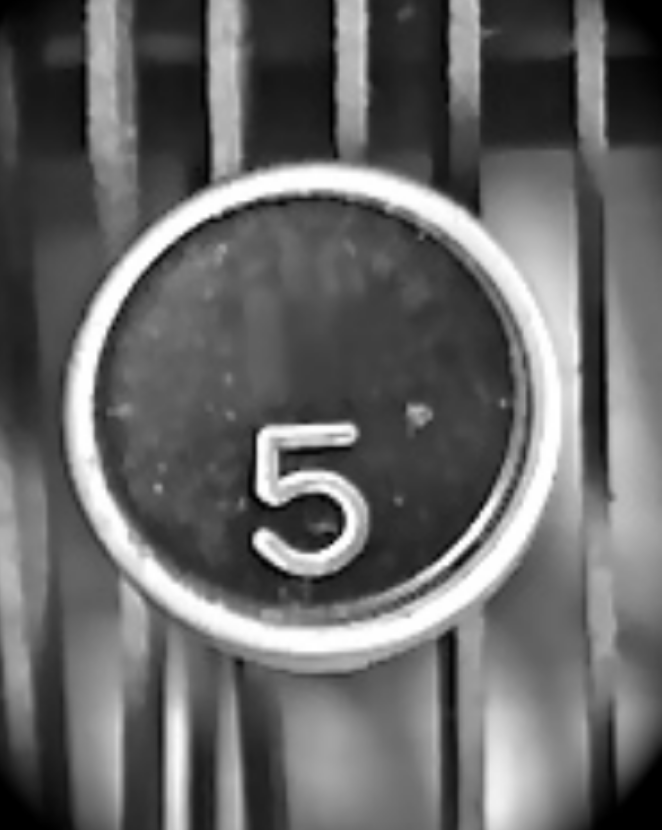5 HOT BOOKS: Learning You're a (Black) Thomas Jefferson Descendant, Elizabeth Hardwick, and More
/1. Reclamation: Sally Hemings, Thomas Jefferson, and a Descendant’s Search for Her Family’s Lasting Legacy by Gayle Jessup White (Amistad)
Aunt Peachie was right! After at first dismissing her aunt’s family lore that the Jessups were descended from Thomas Jefferson, the author of this marvelous memoir embarks on a sleuthing mission peeling back layers of history and accruing evidence that she is a direct Jefferson descendant, confirmed by DNA in 2014. White builds on Annette Gordon-Reed’s landmark history, The Hemingses of Monticello, which proved the relationship between Jefferson and Sally Hemings, an enslaved woman at Monticello and the half-sister of Jefferson’s wife. White’s memoir is enriched by her exuberant charm and conversational tone as she charts her own mission of self-discovery in the tangle of American racial history.
2. A Splendid Intelligence: The Life of Elizabeth Hardwick by Cathy Curtis (W. W. Norton)
Before a new generation comes along and overlooks one of America’s most influential cultural critics, Curtis documents the life of one of its foremost intellectuals: Elizabeth Hardwick, co-founder of The New York Review of Books. Curtis, author of lauded biographies of visual artists like Grace Hartigan and Elaine de Kooning, chronicles Hardwick’s 1939 flight (by Greyhound bus) from genteel Lexington, Kentucky, to Manhattan, at a moment when the world was opening up to women writers. Curtis vividly captures the literary scene as Hardwick under a pseudonym eviscerates Mary McCarthy’s The Group and Norman Mailer’s The Presidential Papers, and then how her marriage to prominent, and bipolar, poet Robert Lowell publicly unraveled, though it propelled Hardwick to write some of her most brilliant essays and fiction, including her fragmentary autofiction, Sleepless Nights.
3. Taste Makers: Seven Immigrant Women Who Revolutionized Food in America by Mayukh Sen (W. W. Norton)
Sen describes himself as a “queer child of Bengali immigrants to America,” and as an outsider, he was drawn to tenacious women who made their way in the male-dominated food industry and introduced new tastes and ingredients to cuisine. A lovely writer, Sen paints portraits of these very different women who found independence, and endured hardship, in their efforts to bring their creations to the American palate or, in some cases, cook for those from their nation of origin. Sen acknowledges the towering influence of Julia Child and does include Marcella Hazan in his septet, but his profiles also elevate less visible, yet remarkable women from China, France, India, Iran, Jamaica, and Mexico in a veritable feast of a book.
4. The Farmer’s Lawyer: The North Dakota Nine and the Fight to Save the Family Farm by Sarah Vogel (Bloomsbury)
The Reagan-era farm foreclosure crisis that led to the first Farm Aid concert, featuring Bob Dylan, B.B. King, and Loretta Lynn, in 1985 may seem eons ago, but Vogel vividly evokes the era in her arresting story of populism on the Great Plains. Aid had been slashed and the federal loan agency had forced foreclosure on farmers, stripping them of their bank accounts and livelihoods. A group of farmers recruited inexperienced North Dakota lawyer and single mother Vogel to their cause, and she brought together over 200,000 family farmers in a class-action suit against the federal government, in which they triumphed. Vogel describes the legal battles with verve and clearly conveys the complexity of agriculture today. In a more personal triumph, she became the first woman in U.S. history to be elected state commissioner of agriculture.
5. The Everybody Ensemble: Donkeys, Essays, and Other Pandemoniums by Amy Leach (Farrar, Straus and Giroux)
“How impoverished is a mind unhaunted by hedgehogs!” Leach’s capacious mind is rich with hedgehogs, warty pigs, blueberries, non sequiturs and crazy genius, and her collection of short essays is a ticket into that quirky brain and heart. Leach’s wordplay, absurdism, wit, and wisdom inform this ingenious collection, right to the Glossary at the end, with definitions of terms like “Soggy Words,” “Blobfish,” and “Provincialists,” as in “Provincialists say to their children, ‘I didn’t raise you to be an astronomer.’” If “Unprovincialist” were a word, it would mean Amy Leach.










